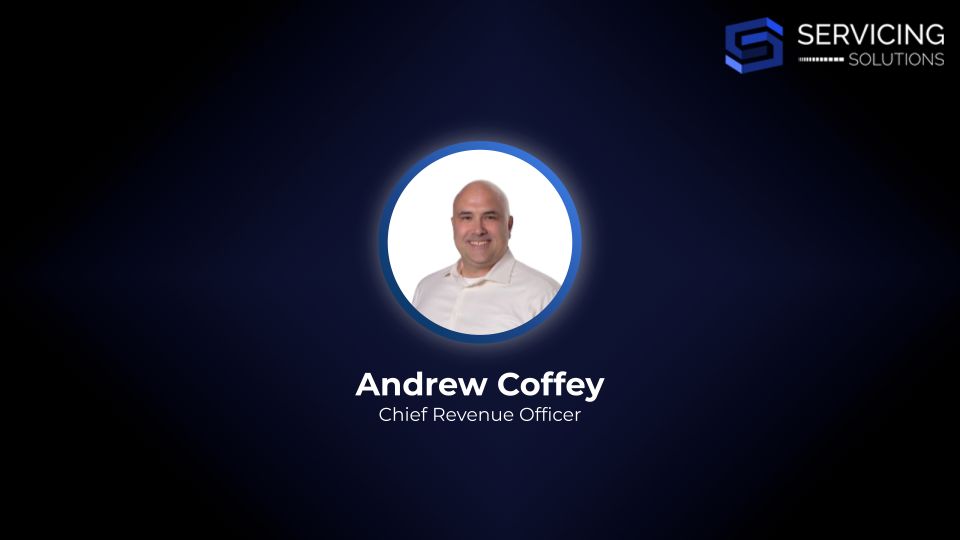To many, August is known as the peak season to purchase a new or used vehicle. Dealerships are clearing out their inventory to make room for new-year models, and a lot of families are gearing up for the new school year with either more space or additional transportation for new drivers. Prices are usually the best around this time of year, which is an obvious draw for people on the market.
Even with the appealing annual incentives, many prospective buyers are wary to make a purchase right now (or anytime soon) due to the unprecedented auto interest rates that continue to rise on a fairly steady basis. Many subprime borrowers are already struggling to keep up, and the return of student loan interest is right around the corner. This poses an obvious challenge for these borrowers to keep up, let alone make significant strides to improve their credit scores. For many, a car is abundantly necessary, meaning they have no choice but to take on the burden of the high-interest loan and the implications that come with it.
Our Chief Revenue Officer, Andrew Coffey, has been an operations and client relations expert in this community for over twenty years and is currently using that experience to create a customer-first culture for the sales and marketing teams at Servicing Solutions. I sat down with him recently to talk about navigating auto loan interest rates, especially for subprime borrowers.
—
Adrian Frattini (AF): Let’s jump right into it. What are some ways that a subprime, or any borrower can improve their credit score?
Andrew Coffey (AC): I may upset those looking for a “quick fix,” but it really comes down to consistent habits. Paying bills on time, keeping a low credit card balance, maintaining accounts in good standing for extended periods, avoiding redundant accounts – all great practices, but things that aren’t necessarily accomplished overnight although truly some of the most important to building credit. A credit score is a historical profile on a borrower, and lenders are looking for demonstrations of good habits.
AF: Are there any particular milestones that borrowers may want to prioritize reaching before others?
AC: Zeroing out credit card balances and paying off loans before they are due can definitely make a difference, but are not always possible because of the capital that is required to do so without causing further financial strain. I think you’ll see people who come into a lot of money quickly or unexpectedly make some serious strides, but that is more of an anomaly. That said, creating a proper budget to save for those lump sum payments, while still keeping up with your other responsibilities, can make a big difference. Saving as little as a couple hundred dollars per paycheck can add up pretty quickly without causing a major strain to the budget, but even that is not necessarily one-size-fits-all.
AF: You have been in loan servicing for quite a while. What are some things that you have learned about subprime borrowers and the way they navigate these challenges?
AC: I think it’s easy to try to generalize, but I have learned how important it is to look at each borrower as the individual they are. They may face similar challenges as other borrowers in their credit tier, which can be helpful as a servicer to know what options we have to support them, but their current situation is ultimately unique to them. We encourage our representatives to be thorough and take that time to understand the person we are working with instead of looking at them as the next account in their queue. In many cases, this plays a pivotal role in their willingness to stay on track.
AF: What resources do we offer to help these borrowers?
AC: I like to split our resources into two primary categories: bespoke and systematic. We have been talking a lot about the bespoke resources recently, even just now. Those are typically the actions that we can take as the servicer, the proactive resources that we can provide as quickly as possible based on the borrower’s current situation: counseling, flexible due dates, grace periods, deferments, etc. Systematic resources are equally vital. These are the actions that we take for everyone as part of our commitment to being a reliable servicer. Things like timely reminders, consistent credit monitoring, and frequently reporting payment histories to credit bureaus. Even the process of building a repository of proactive resources blurs the line into systematic because the actual process of offering bespoke support requires very deliberate planning and the proper infrastructure.
AF: Why should this matter to companies considering Servicing Solutions for their primary or backup servicing?
AC: Could not be more direct and I love it, haha! But like I said before, the level of interpersonal savvy that a team of loan servicers possesses can really make or break the borrowers willingness to pay their bills. Loan repayments are stressful for a lot of people, and sometimes incredibly daunting. I can definitely understand why borrowers are a lot less likely to work with someone who treats their interactions like a transaction with very little room for personalized support. I think this is becoming a lot more relevant for many industries even beyond ours, but is often mismanaged or over-engineered. We try to avoid ever being inflexible, both in our servicing efforts, and the way we go about the relationships with our clients. Trust, transparency, and collaboration are pillars of our culture.
AF: What advice would you give to someone on the fence about buying a car right now?
AC: Not all debt is bad, but do your research. I think it is fair to say that it is objectively not the best time to buy a new car in this current moment, but that does not mean doing so, even if you are taking on a loan with a higher-than-average interest rate, is an objectively bad decision. It all comes down to your financial goals, your budget, and the level of necessity of the purchase. Even if you fit into a certain threshold based on your credit score, take the time to explore your options for the best rates and terms. The decision is ultimately yours, and it should be, but it should always be properly informed and surrounded by the right resources.
—


